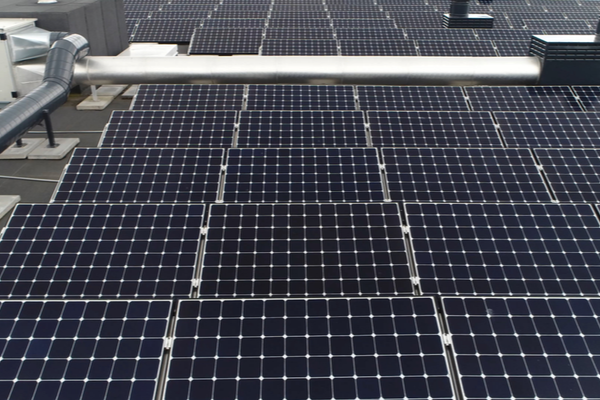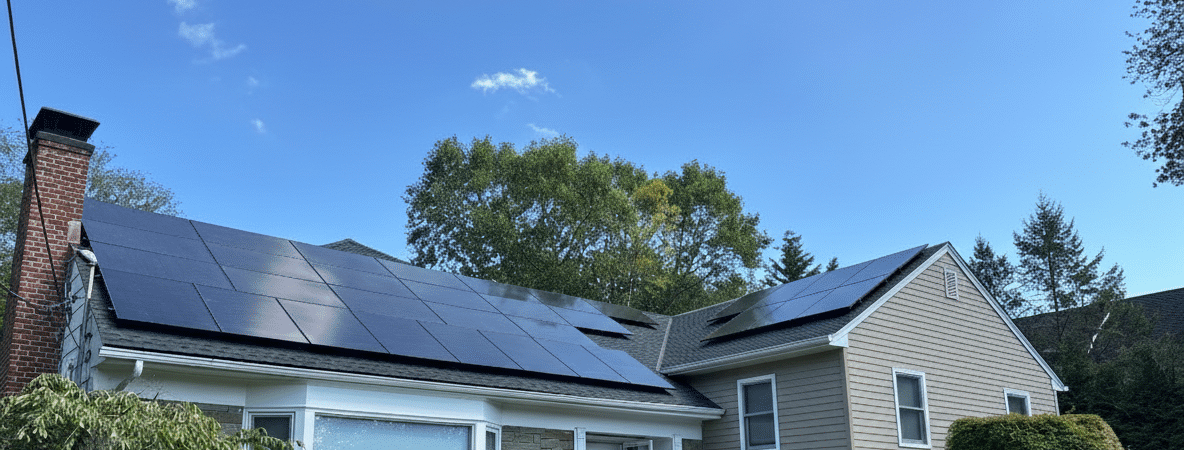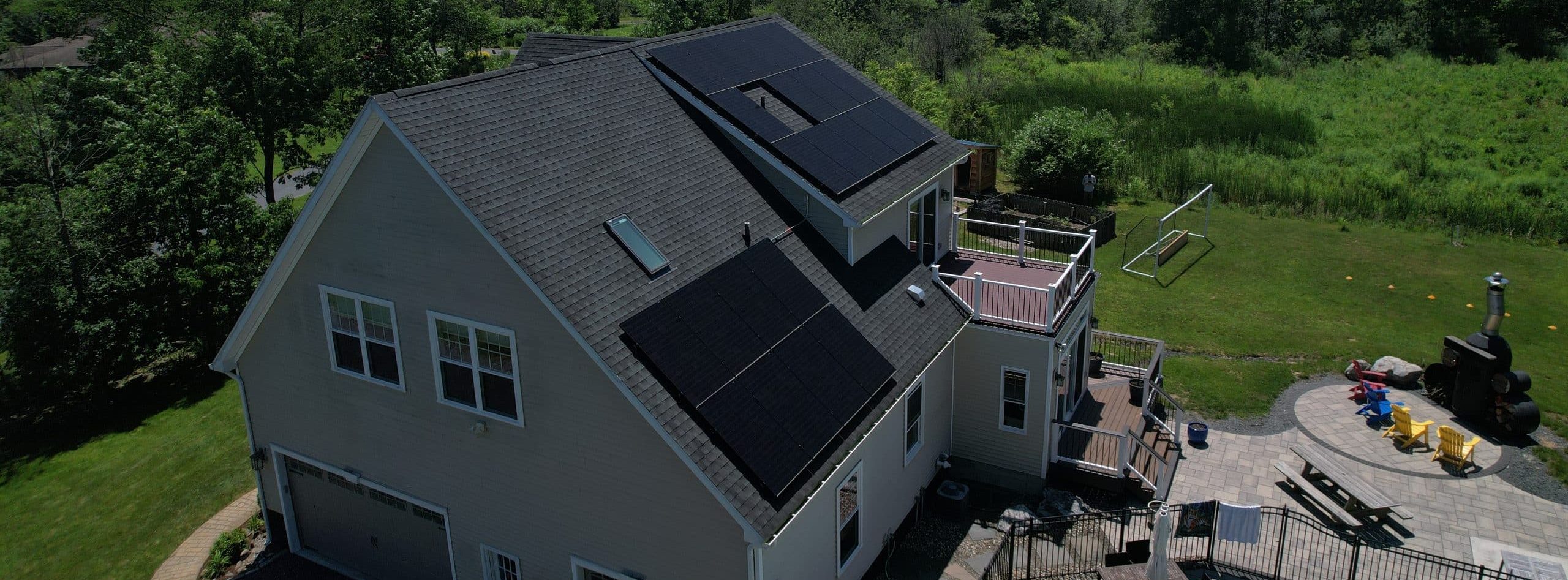There are several ways solar panels for hospitals NJ are powering the healthcare industry. From inexpensive equipment to life-saving machinery, hospitals rely on a steady stream of energy to care for their patients. By switching to solar panels, medical facilities can significantly reduce their carbon emissions. Of course, they can also cut their electric expenses as well. As a healthcare administrator, you need to know how solar power is revolutionizing the industry. This way, you can better understand the advantages of installing a solar system for your medical facility. Read on to learn more about how solar panels for hospitals NJ are powering the healthcare industry.
Lower Utility Costs
First, solar panels for New Jersey hospitals are significantly lowering utility costs. For example, a major New Brunswick hospital has installed solar panels the roofs of four different buildings. With nearly 10,000 panels, the robust solar system can produce over 2.3 million kilowatt hours of electricity per year. This is enough energy to power about 230 homes. Notably, the hospital invested about $10 million. With half of these expenses covered by a solar loan from PSE&G, the hospital is expected to cut their energy costs by over $10 million 25 years after the installation. Plus, the New Brunswick healthcare facility can use incentives such as net metering and TRECs to pay off the loan. Undoubtedly, solar panels for hospitals reduce electric bills in New Jersey.
Increased Reliability
In addition, solar panels for hospitals NJ can also increase energy reliability. According to medical directors, energy supply greatly contributes to overall reliability in a hospital. When human lives are at stake, facilities cannot afford to be down due to storm outages and hurricanes. By pairing solar panel systems with solar batteries, hospitals can power critical equipment through an outage. While they may need to supplement with generators in times of high demand, solar batteries offer a sustainable, safe solution to power critical life-saving machinery. In short, solar panels for NJ medical facilities are key to keeping energy supply reliable and sustainable.
Strategic Solar Panel Placements
Next, solar panels for medical facilities NJ are placing solar panels strategically to repurpose unused space. For example, a major hospital in Freehold, New Jersey recently installed a 1.6 megawatt solar carport. Notably, solar carports are overhead canopies built to cover parking lot areas. Since parking lots are usually in open areas with direct sun exposure, carport systems can generate massive amounts of energy. Indeed, the Freehold hospital carport system supplies over 2 million kilowatt hours of electricity per year. Combined with a ground mount system, this hospital’s solar energy meets about 70% of their electric requirements. This is one of the largest solar generation facilities on the East Coast. To help you leverage these advantages, consider buying solar panels in NJ. In short, strategic solar panel placements at NJ hospitals offer valuable energy and use of space.
Increasing Accessibility
Moreover, solar panel systems for hospitals New Jersey also increases accessibility for patients in the long-term. With massive electrical savings, many NJ hospitals can actually profit on their solar system over the life of their solar system. For some facilities, this may allow them to make services more affordable for patients who do not have access to health insurance. In addition, solar systems are also providing power for hospitals in low-income areas. For example, off-grid healthcare facilities in Africa largely rely on solar projects to power critical equipment and supply light during treatment. By increasing accessibility in NJ and other areas, solar panels for hospitals are critical for revolutionizing care.
Emphasizing Health & Safety
Furthermore, NJ solar panel systems for hospitals also emphasize health and safety. Since hospitals are a place of health and healing, it only makes sense that their energy source matches their method. Indeed, renewable energy is considerably safer than energy powered by fossil fuels. For example, coal and natural gas both emit harmful carbon dioxide emissions. Over time, these contribute to poor air quality and environmental health. In addition, nuclear power also poses a large cancer risk, especially in the event of a meltdown or a spill. By switching to solar power, hospitals can promote a healthier, sustainable message. Certainly, solar panels for hospitals in NJ emphasizes health and safety to send a clear message that facilities care about the community.
There are several ways solar panels for hospitals NJ are powering the healthcare industry. If you are interested in these sustainable solutions, be sure to reach out to your local NJ solar company. First, solar panels can greatly lower utility costs for hospitals. Next, strategic solar panel placements can increase energy supply and repurpose unused space. In addition, solar systems also increase energy reliability. Moreover, solar power can make hospitals more accessible. Furthermore, renewable energy also emphasizes health and safety messages in the hospital. Consider these points to learn more about how solar panels for hospitals NJ are powering the healthcare industry.












